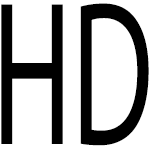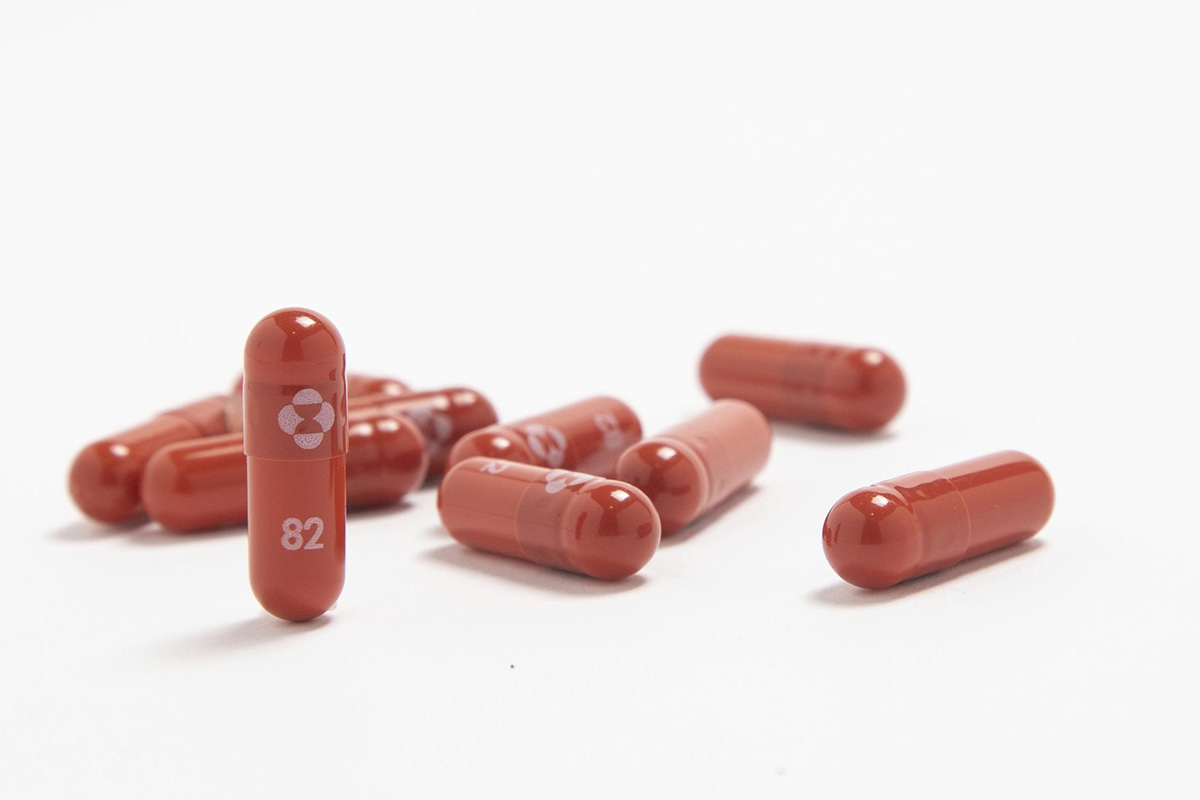As the price of COVID-19 treatments continue to rise, Merck seeks FDA approval for the first COVID-19 pill. The monoclonal antibody molnupiravir works by interfering with the ability of the virus to replicate inside the body. But there are concerns about the drug, including the risk of mutations that could lead to birth defects. While there is a risk of this, Merck is pursuing broad access to the investigational medicine.
molnupiravir is a monoclonal antibody
The development of molnupiravir was originally planned as a treatment for Venezuelan equine encephalitis virus. Mark Denison, the scientist behind the drug, began testing the compound against several coronaviruses and found that it was effective against them all. His findings prompted him to test the compound against mouse hepatitis virus.
A new drug called Molnupiravir, a nucleoside analogue, has recently been approved by the FDA for COVID-19. It works by tricking the viral enzymes into entering errors in the genetic code. As these errors build up, the virus can no longer replicate. It is important to note that this medicine is not available for all COVID-19 patients.
While molnupiravir is generally safe for healthy adults, pregnant and breastfeeding women should avoid exposing themselves to the drug. Women who are sexually active should use effective contraception during treatment and for at least three months after their last dose. While it is not recommended for pregnant or lactating women, molnupiravir is essential in slowing the spread of SARS-CoV-2. However, it is still unclear how effective molnupiravir is as a monoclonal antibody.
The first clinical trial of molnupiravir began in late April 2019 with the emergence of the first cases of the COVID-19 infection. Despite the low efficacy of this drug, it is a useful tool for patients who are unable to access other medications. As long as patients finish the entire five-day course, the drug can greatly reduce hospitalizations and other complications of COVID-19.
Although a number of monoclonal antibody treatments have been approved by the FDA, some people are unable to get these medications because of a lack of availability in their area. In the case of paxlovid, molnupiravir and sotrovimab are not available in Nebraska Medicine’s state. Therefore, patients should consult their healthcare provider before using these medications.
It interferes with the virus’ ability to replicate inside the body
The drug, marketed as First COVID-19, is an antiviral, and Merck is seeking FDA approval for it. Its primary goal is to reduce the severity of COVID-19 symptoms and hospitalization rates. Pfizer’s pill has similar results, but is not approved for children or adults under the age of 12.
Molnupiravir works by interfering with the virus’ ability to replicate inside the human body by altering its amino acid sequence. It is a promising new drug that Merck says has a high probability of preventing the disease caused by the virus. Merck says it is confident that First COVID-19 is effective against the Omicron virus and will not lead to the development of new variants of the virus. The FDA will consider the committee’s recommendation, but is not required to heed it.
Merck has filed an application with the FDA for an emergency use authorization for Molnupiravir, a COVID-19 drug. The drug is a COVID-19 antiviral that interferes with the virus’ ability to replicate inside the body. The drug has not yet received approval from the FDA, but it is being tested in a clinical trial and will be available soon.
Merck’s experimental COVID-19 pill has already shown that it reduces hospitalization and mortality. As the first pill to target COVID-19, it would be an easy-to-use weapon that would combat the virus. The company is expected to receive a positive decision within the next few weeks, so the pill could be available in the market soon.
It may cause mutations that could result in birth defects
A new variant of a viral infection is threatening to wreak havoc across the United States and is causing health authorities to scramble to determine the risk. Merck, which makes the COVID-19 pill, is now seeking emergency FDA clearance. The panel of outside experts said the drug’s benefits outweighed its risks but questioned its potential to cause birth defects or hasten coronavirus mutations. They also recommended limiting the COVID-19 pill’s use to pregnant women and monitoring for drug-resistant strains.
Although Merck’s COVID-19 pill is expected to have a smaller role in fighting the pandemic, the drugmaker will warn of serious safety issues. Because Merck collected less safety data than competing COVID-19 therapies, scientists at the Food and Drug Administration have flagged a number of safety issues with its drug. Among the problems identified were small changes in a coronavirus spike protein, which penetrates human cells. The FDA will ask Merck to submit more safety data. The agency will then vote whether or not the benefits of the drug outweigh the risks.
The drug is designed to insert tiny errors in the genetic code of the coronavirus to slow down its replication. However, the company faces concerns about the drug’s potential genetic effects. These mutations could spur the development of more virulent strains of the virus. Men were also instructed to use contraception during the study. The FDA’s senior medical officer says the risk of mutations causing birth defects is low.
The drug has not been approved for use in humans, so it is unlikely to cause any birth defects in newborns. It is, however, approved for emergency use by the CDC. Nonetheless, the FDA has the final say in whether or not to approve the drug and prescribe it to pregnant women. While the panel’s recommendation is a significant step in determining the safety of COVID-19, the agency’s decision could be overturned if another treatment is available.
It is expensive
The price of Merck’s first COVID-19 pill is a serious concern. The cost is over two thousand dollars per pill and the U.S. government has agreed to buy enough pills to treat 1.7 million people. The drug is still expensive compared to other antiviral drugs on the market. Nevertheless, the company says it is committed to delivering its product to patients within five days of symptoms.
The price isn’t the only concern. A new drug has emerged to fight hepatitis C, and Merck is confident that this one will be cheaper than competing drugs. Merck and its partners are now working with generic drugmakers in India to produce cheaper versions. In developing nations, the pill will be cheaper than a generic. However, it’s still unclear whether it will be available for the general public at the beginning of 2020.
Despite the high price, Merck’s COVID-19 pill is still worth the money. It works by inhibiting the replication of the SARS-CoV-2 virus. This way, the pill can give the immune system a leg up in the fight against the virus. While the pill won’t solve the pandemic, it could give public health experts a valuable new tool.
The first COVID-19 pill from Merck is priced at $900 per pill, but the drug’s effectiveness is still questionable, because it requires a prescription and an IV. Pfizer’s COVID-19 pill, meanwhile, has three times the efficacy and cost of Merck’s drug. The company hopes that the pill will fill a need for COVID-19 treatment and reduce the burden on healthcare systems.
It is hard to produce
As the world braces for a pandemic, Merck is seeking FDA approval for the first COVID-19 pill. The pill has the potential to be a breakthrough treatment for the virus, which has killed nearly four million people worldwide and some 700,000 in the United States. Merck’s COVID-19 pill contains a compound that inserts tiny errors into the genetic code of the virus. This genetic effect can make the virus more resistant to the drug, but is also raising concerns that the drug may create new, more deadly strains.
If Merck succeeds in gaining FDA approval for the COVID-19 pill, tens of millions of Americans will be able to benefit from it. The initial supply of Covid pills is estimated to be sufficient to treat at least 1.7 million patients in the U.S. The pills are estimated to cost $700 per patient, which is less than half of the cost of monoclonal antibody treatments.
Merck, based in New Jersey, is in purchase talks with governments around the world, and will use a sliding price scale based on the economics of the countries it is targeting. Merck has also signed licensing deals with generic drug makers in India. It is hoped that these agreements will lead to the production of low-cost versions of the drug in developing countries. While Merck has been pursuing FDA approval for COVID-19, other drug companies are also pursuing similar drugs. In addition to Merck, Pfizer and Roche are collaborating on similar treatments. AstraZeneca is also pursuing an FDA approval for a long-acting antibody pill.
The panel voted 13-10 to approve Merck’s COVID-19 pill, the first home treatment for coronavirus infection. But some advisers wanted the FDA to impose stricter guidelines to protect the unvaccinated from severe infection. The panel’s decision will take place in the next few months. The first COVID-19 pill could offer a key weapon against the disease.

